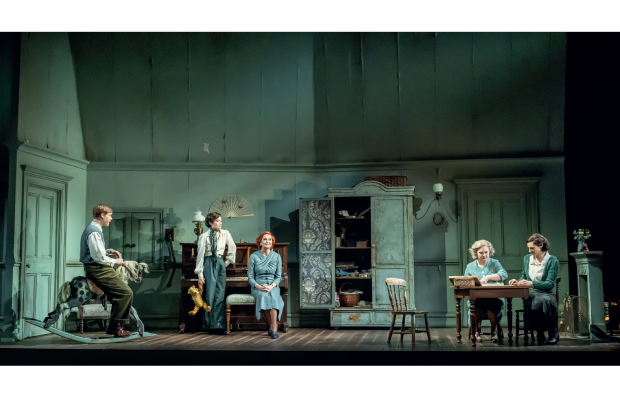On Blueberry Hill sounds like a musical but it’s a sombre prison drama set in Ireland. Two bunkbeds. Above, an older man, Christy. Below, his younger companion, PJ. They take turns to talk, and gradually they reveal how their lives are interwoven. These are men of unusual intelligence and articulacy, and both are so profoundly in love with life’s simplest joys that their incarceration seems barely credible.
Already a subscriber? Log in
Subscribe for just $2 a week
Try a month of The Spectator Australia absolutely free and without commitment. Not only that but – if you choose to continue – you’ll pay just $2 a week for your first year.
- Unlimited access to spectator.com.au and app
- The weekly edition on the Spectator Australia app
- Spectator podcasts and newsletters
- Full access to spectator.co.uk
Or
Unlock this article
You might disagree with half of it, but you’ll enjoy reading all of it. Try your first month for free, then just $2 a week for the remainder of your first year.













Comments
Don't miss out
Join the conversation with other Spectator Australia readers. Subscribe to leave a comment.
SUBSCRIBEAlready a subscriber? Log in